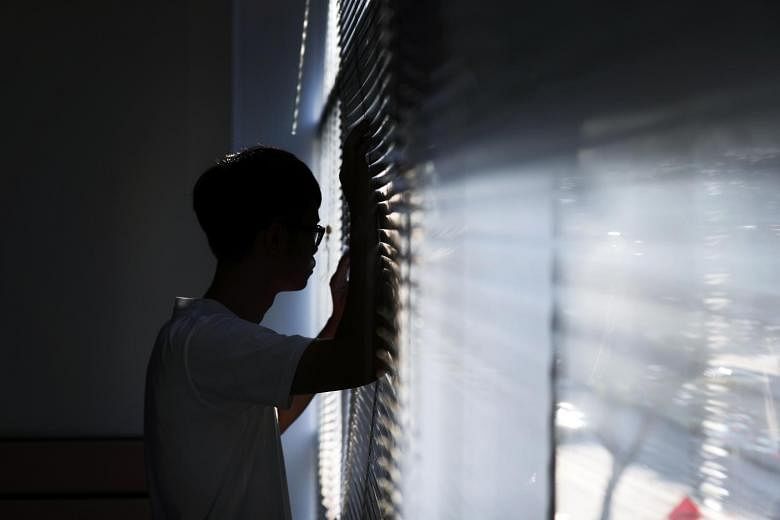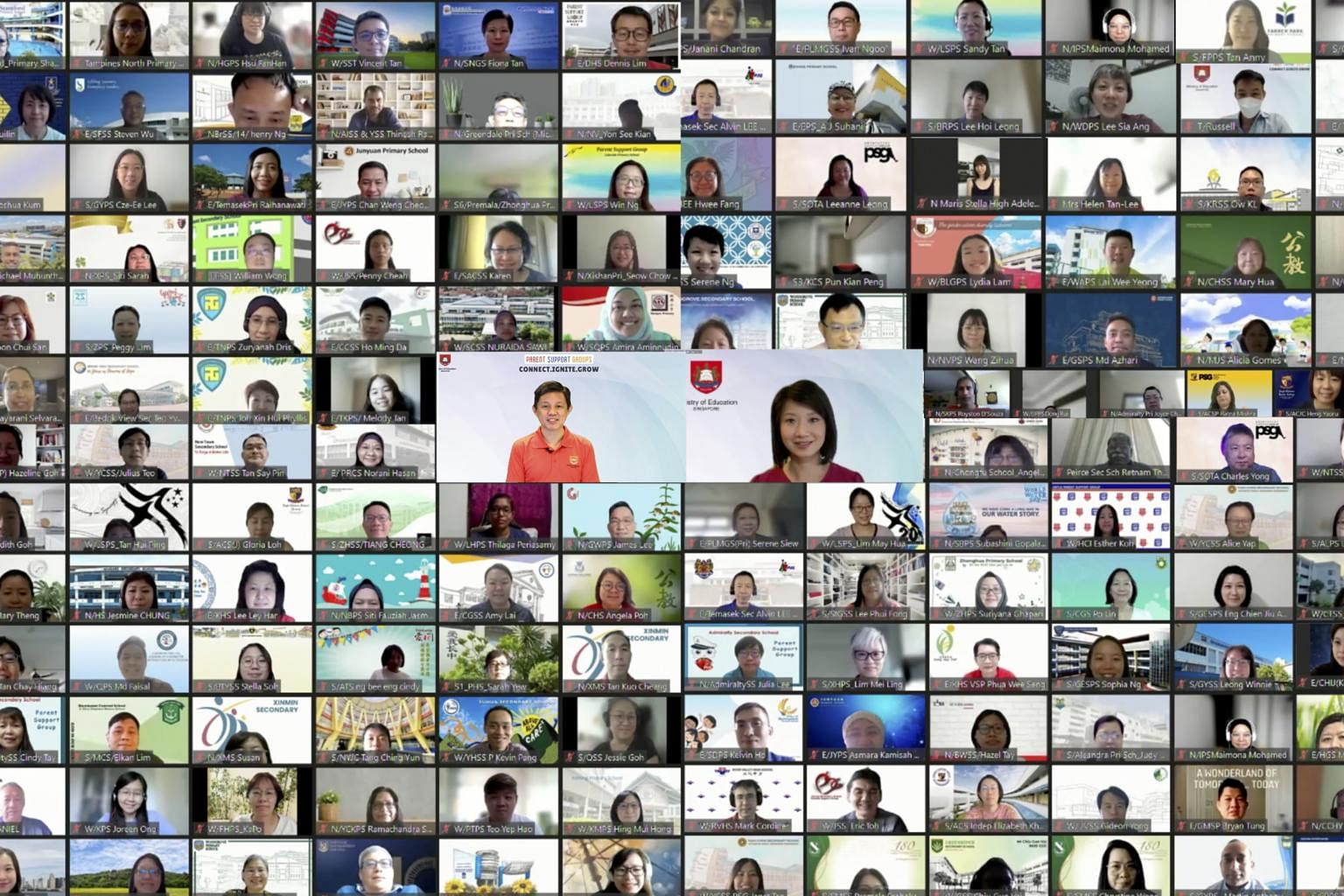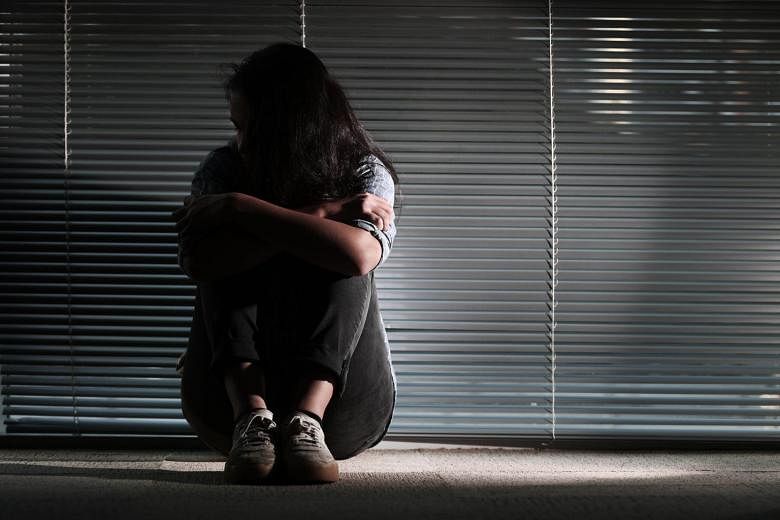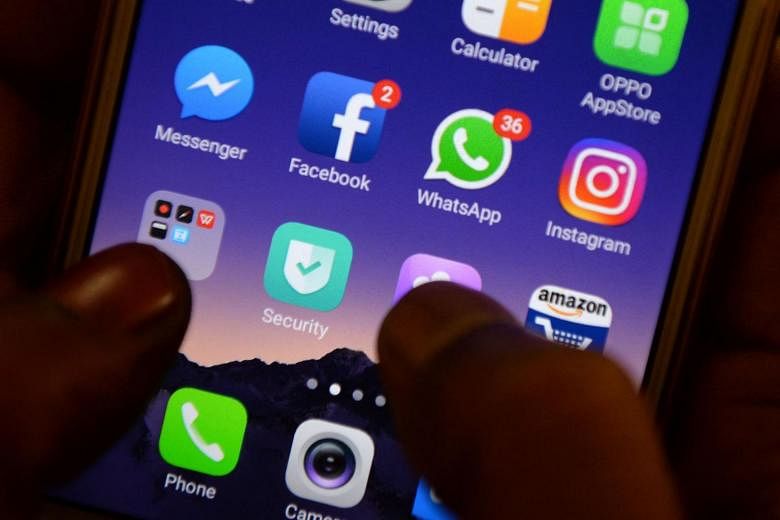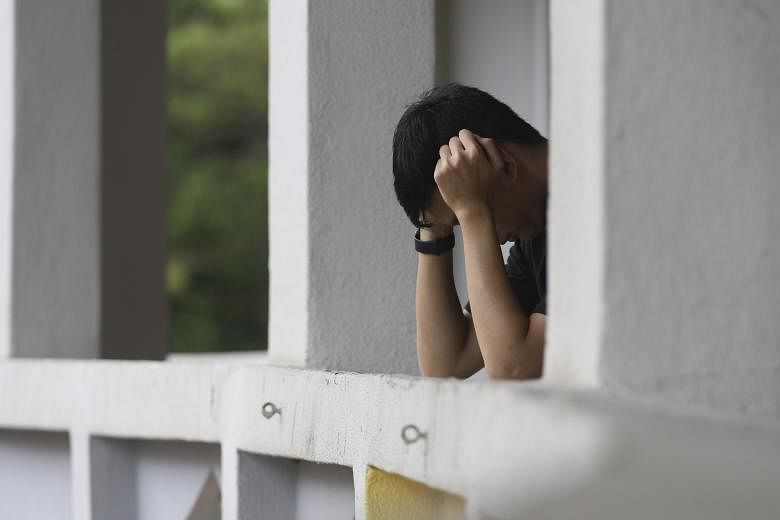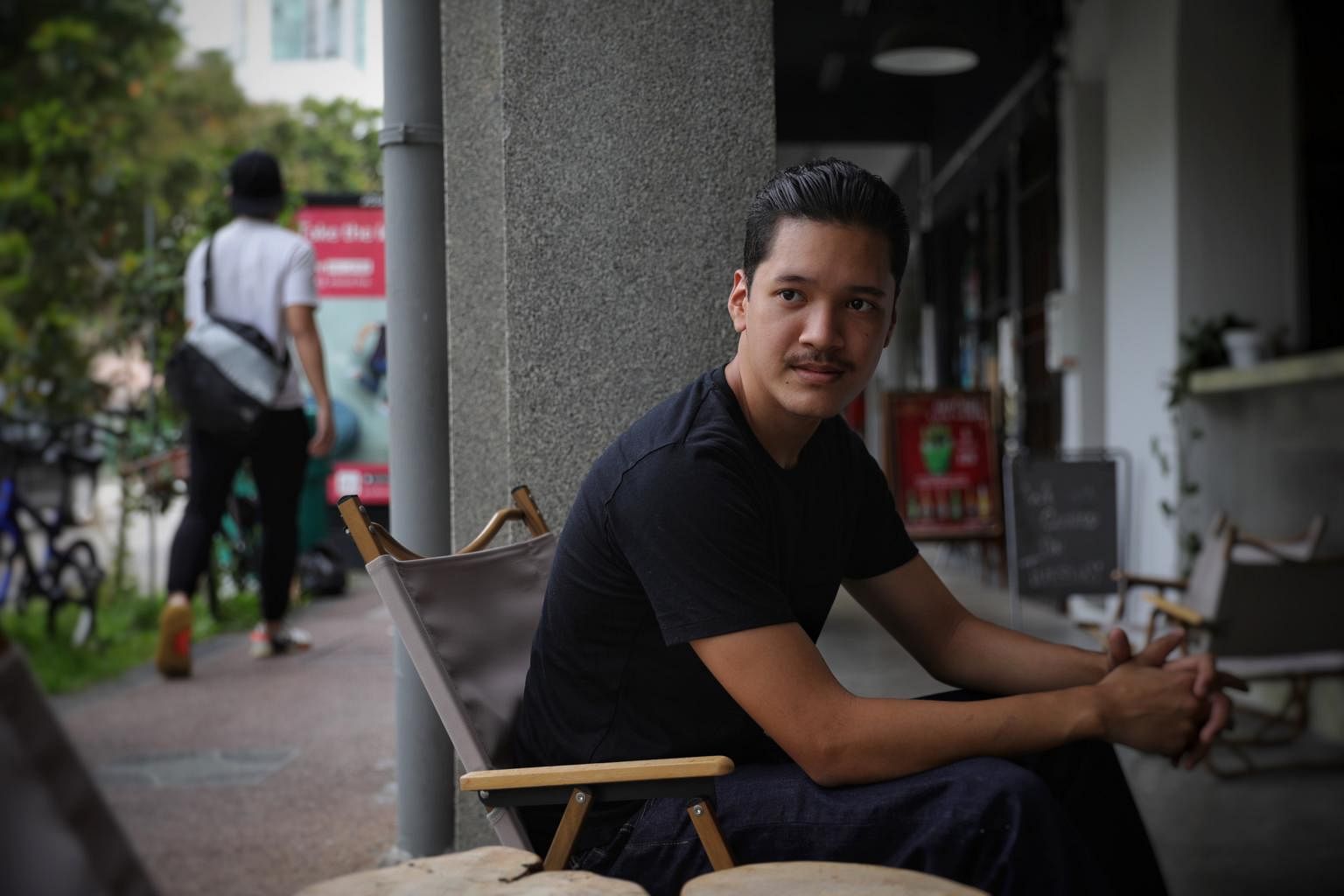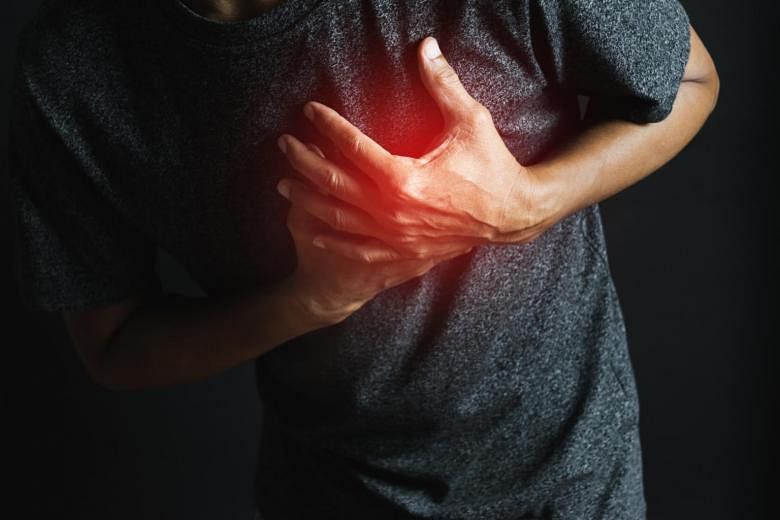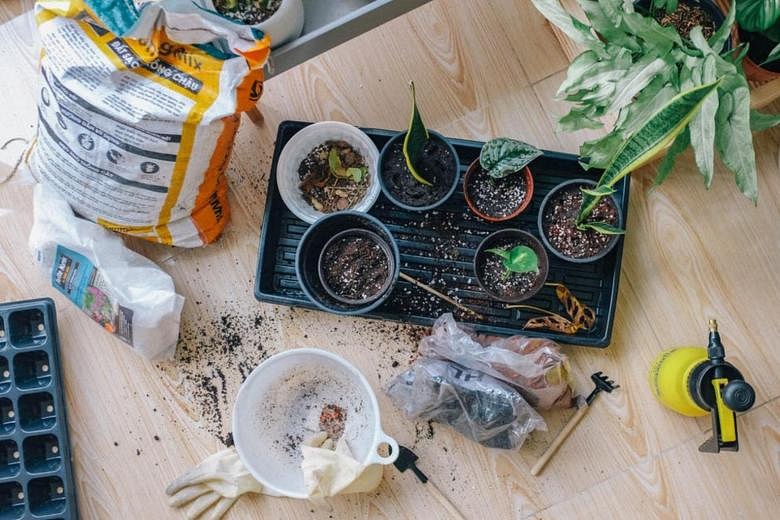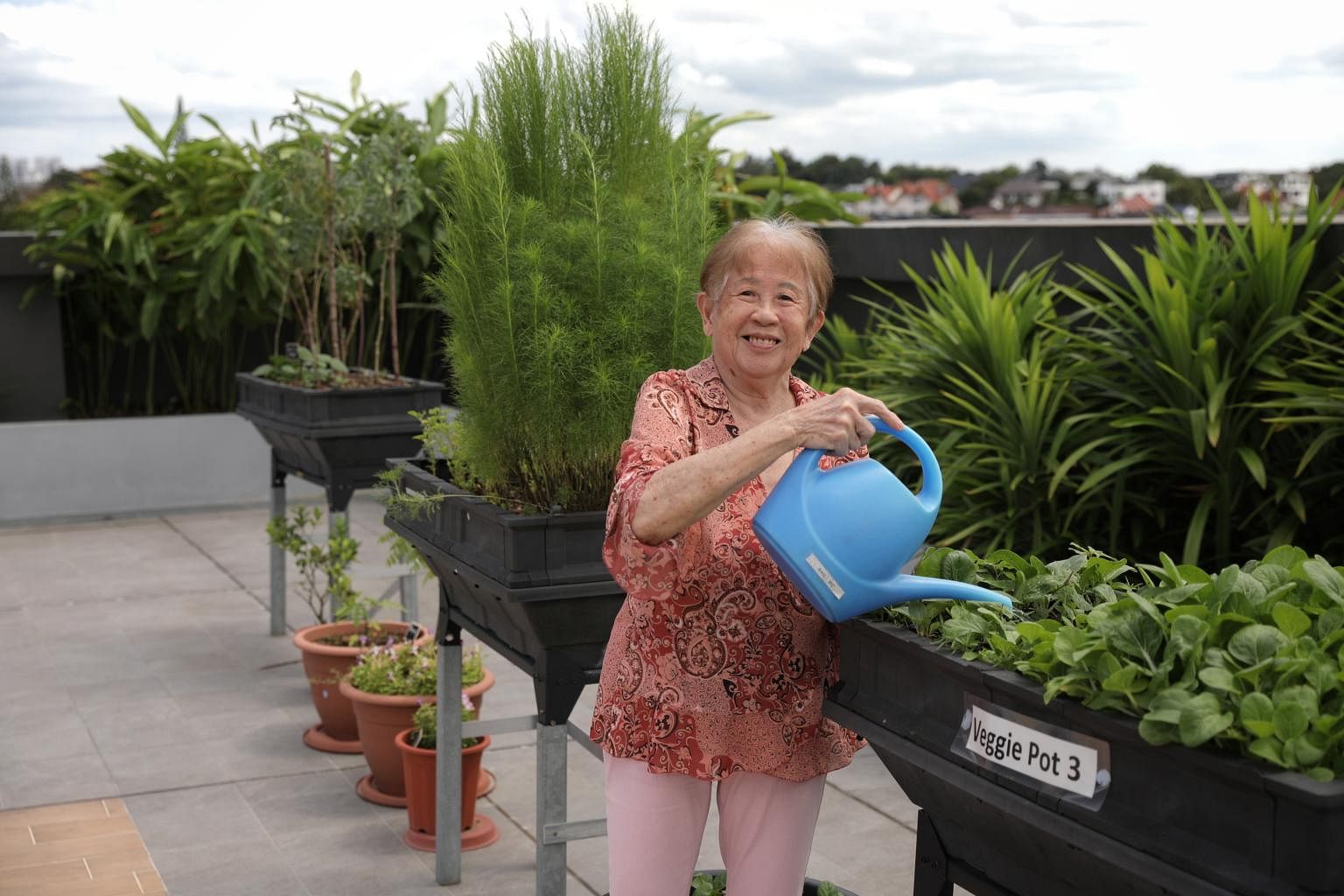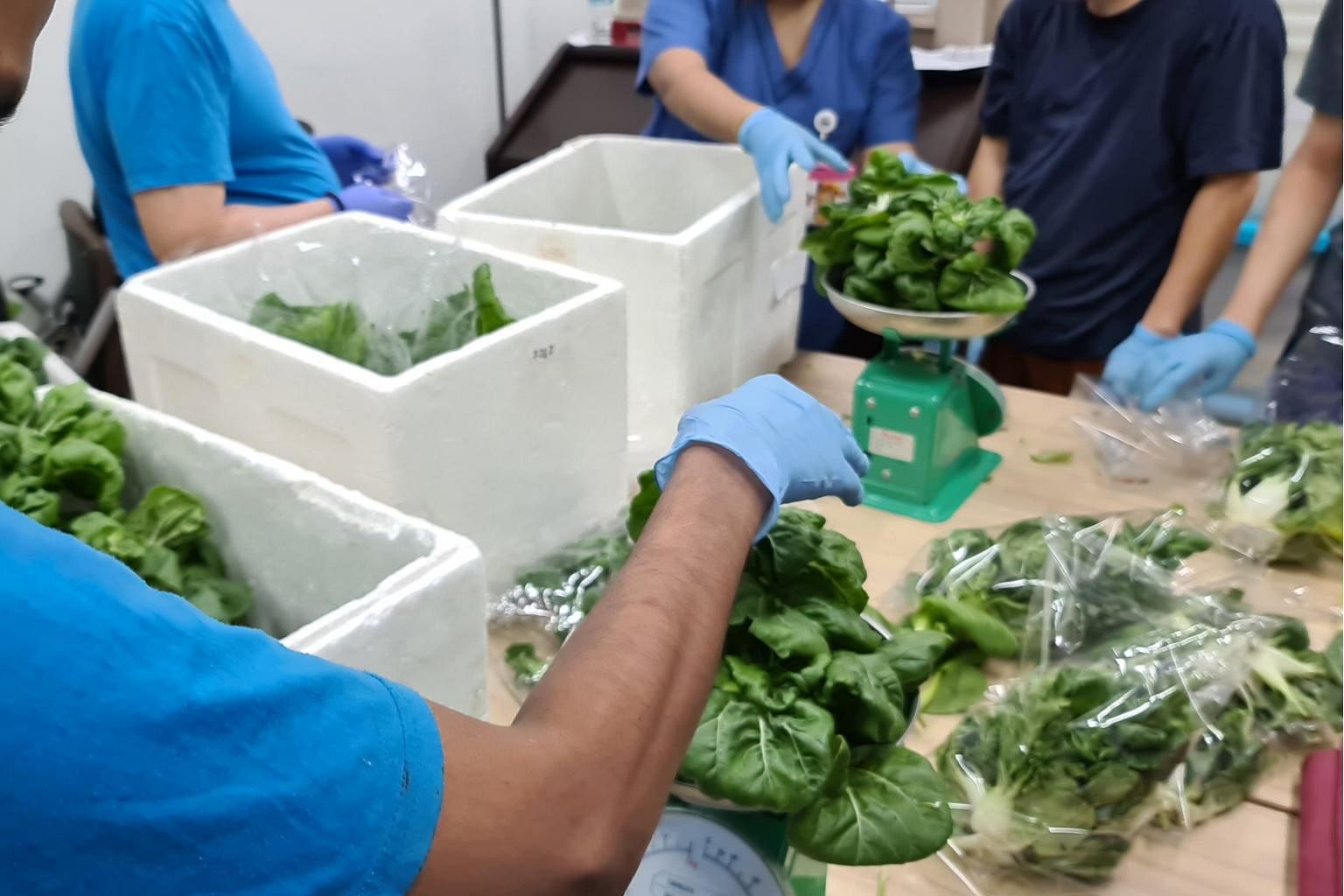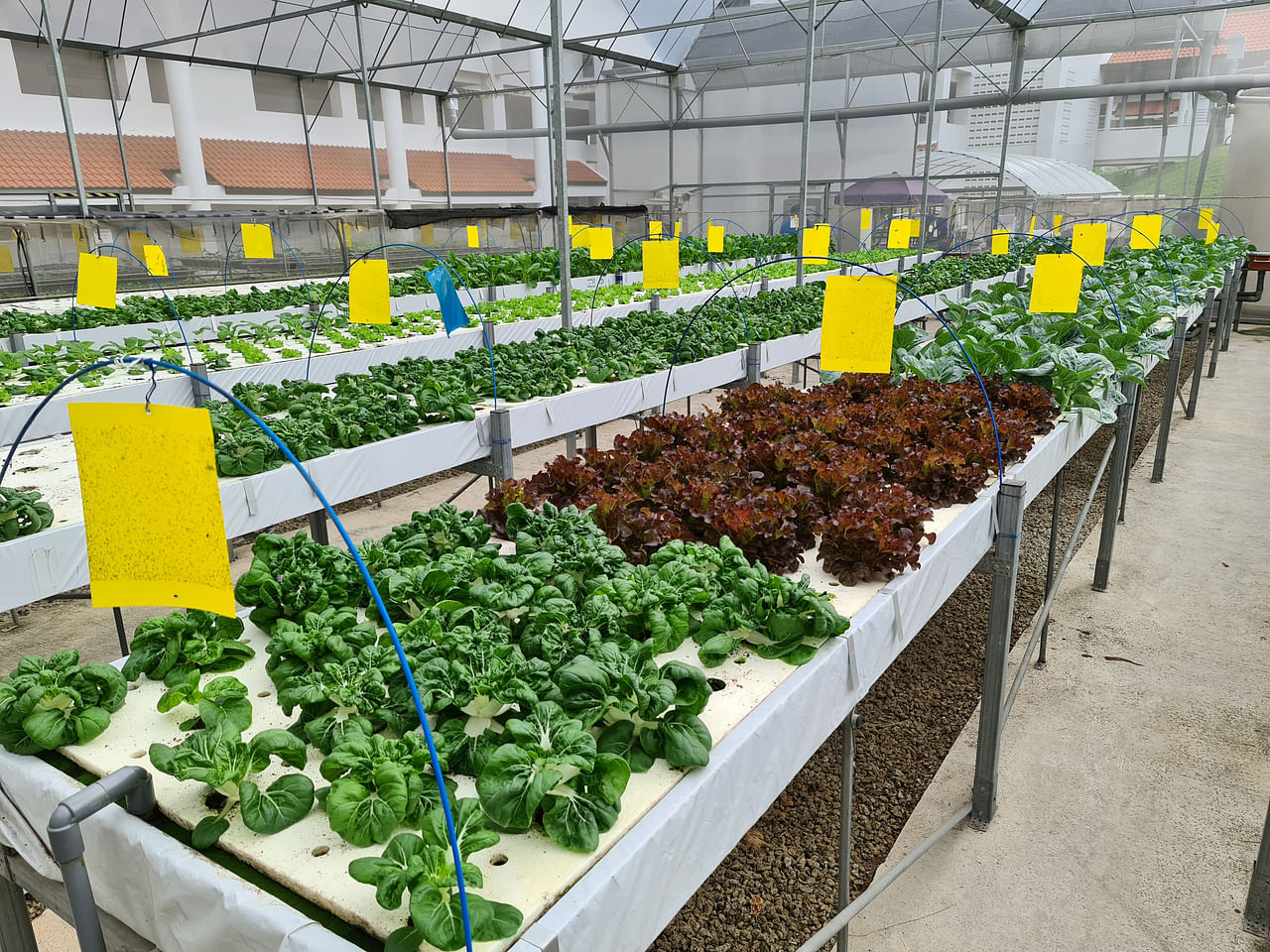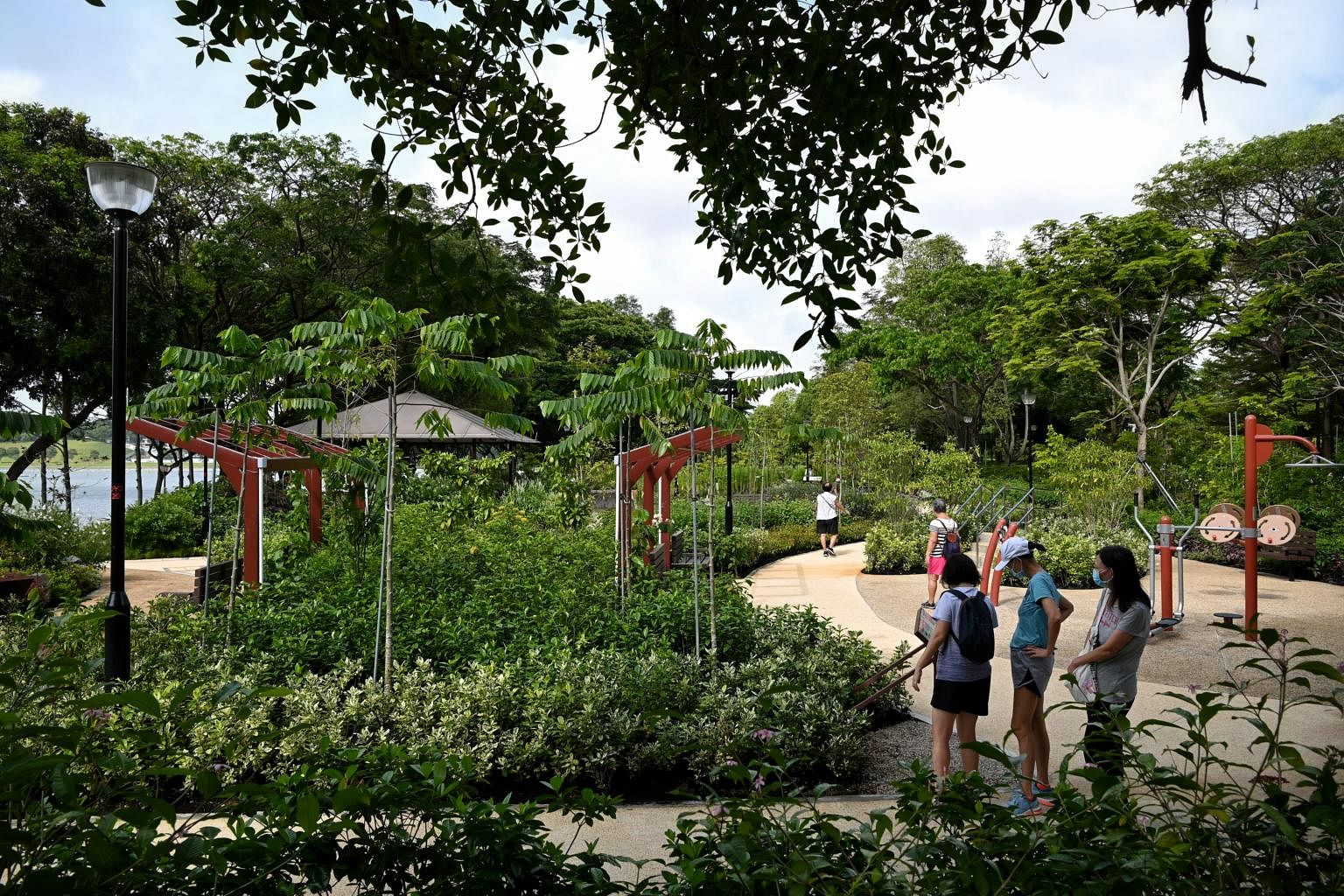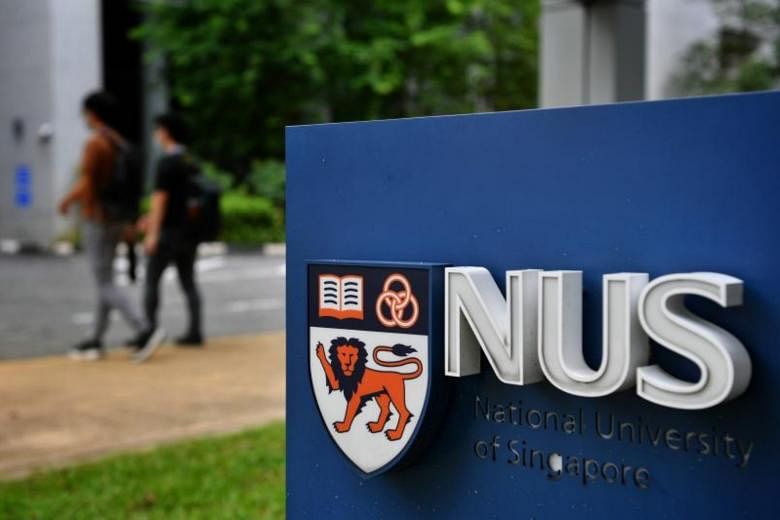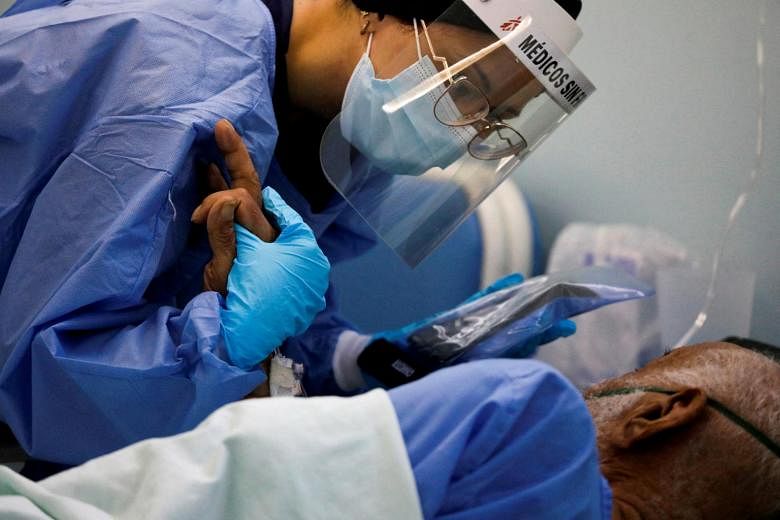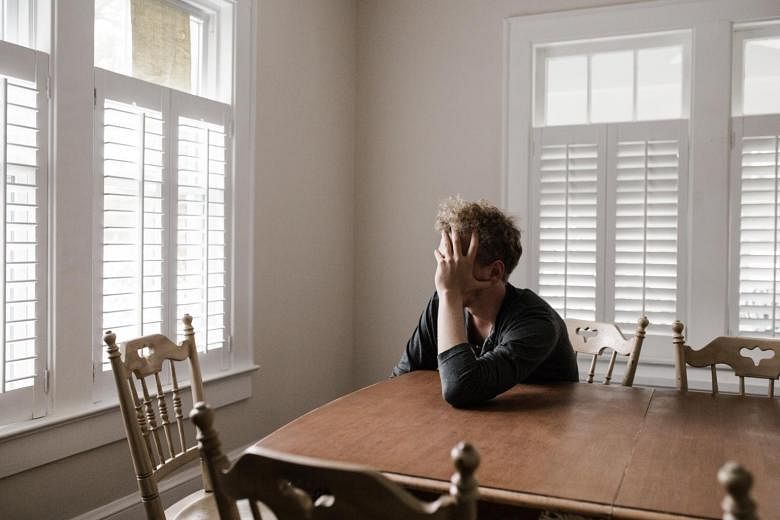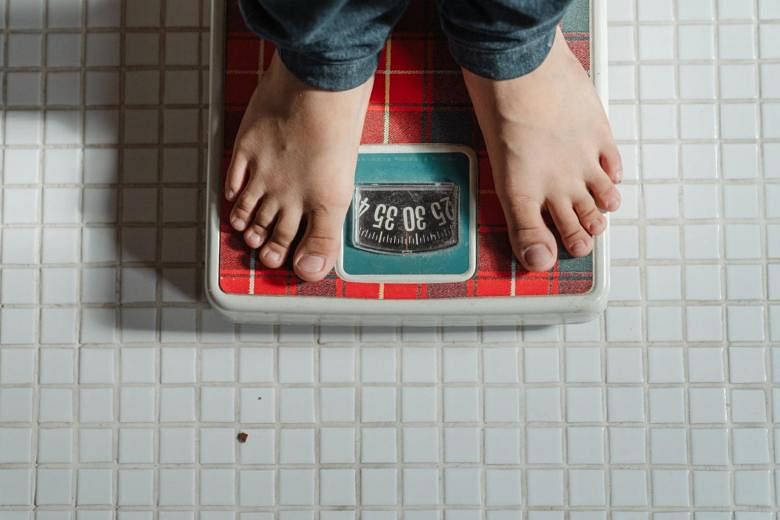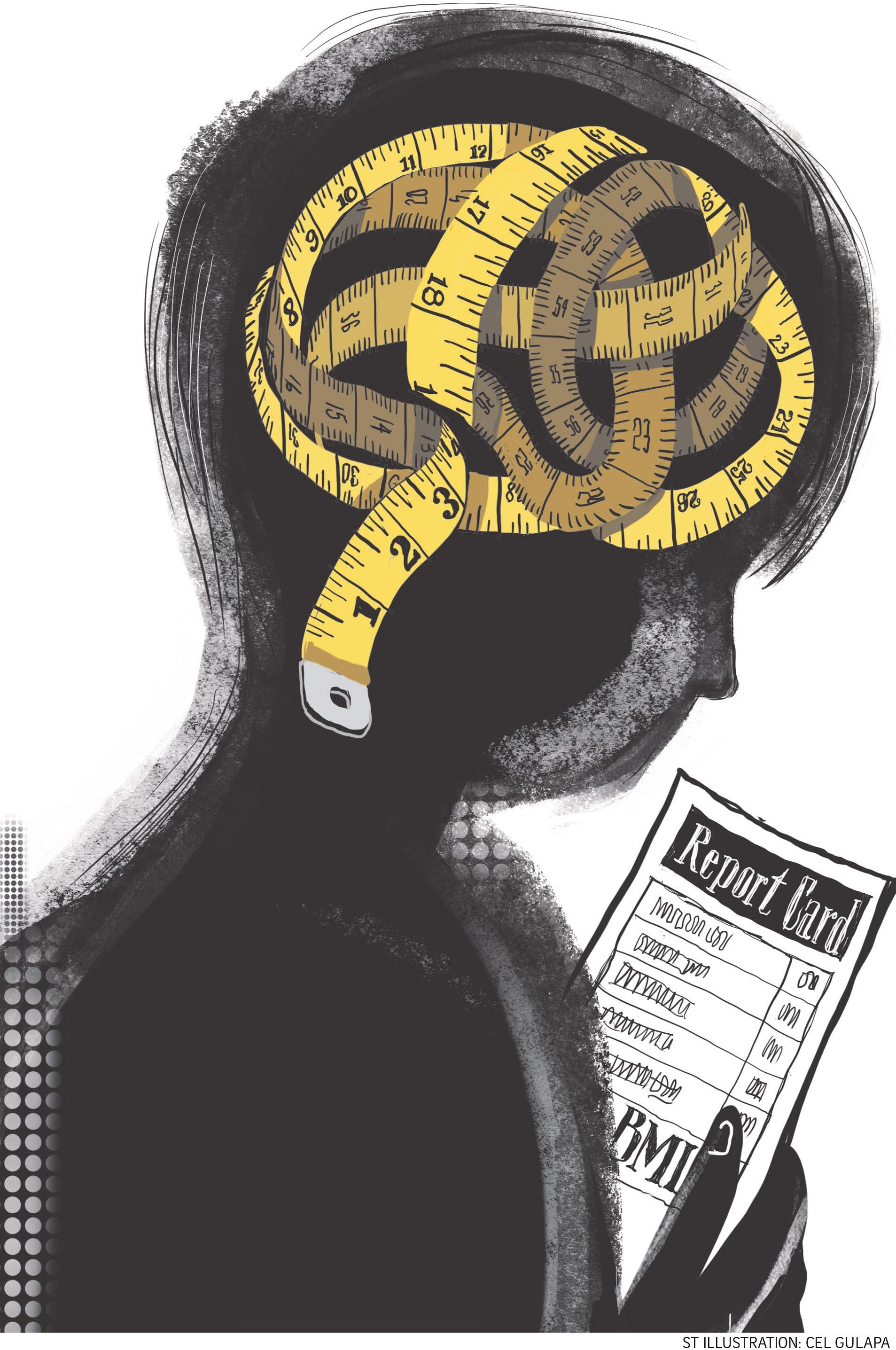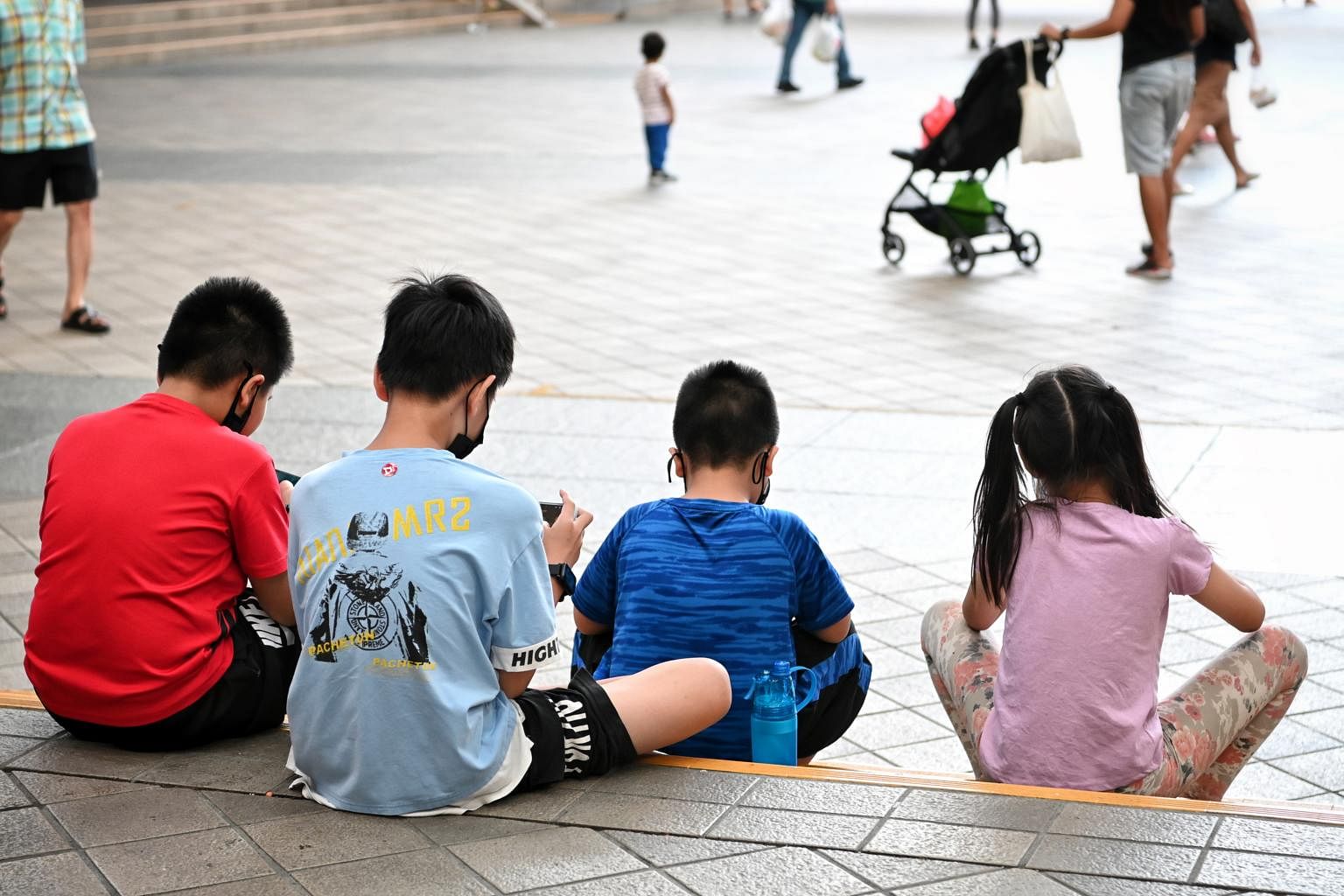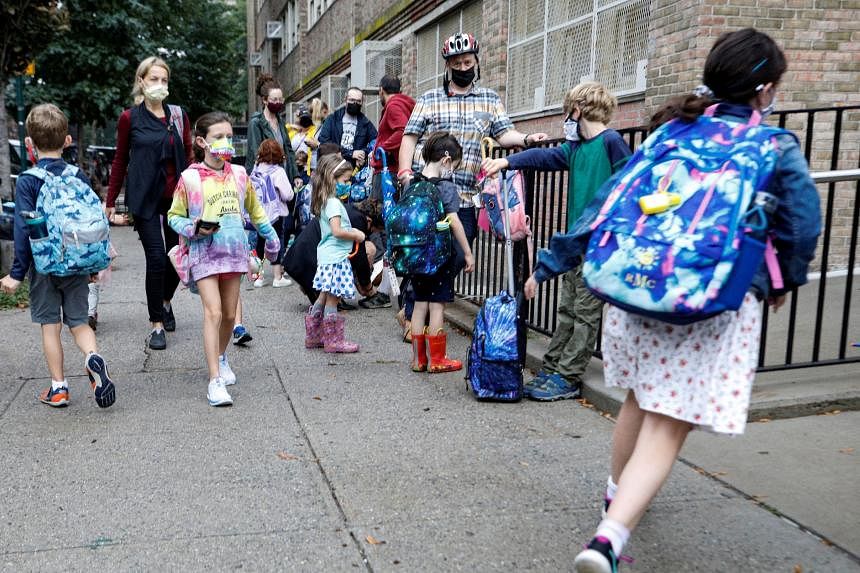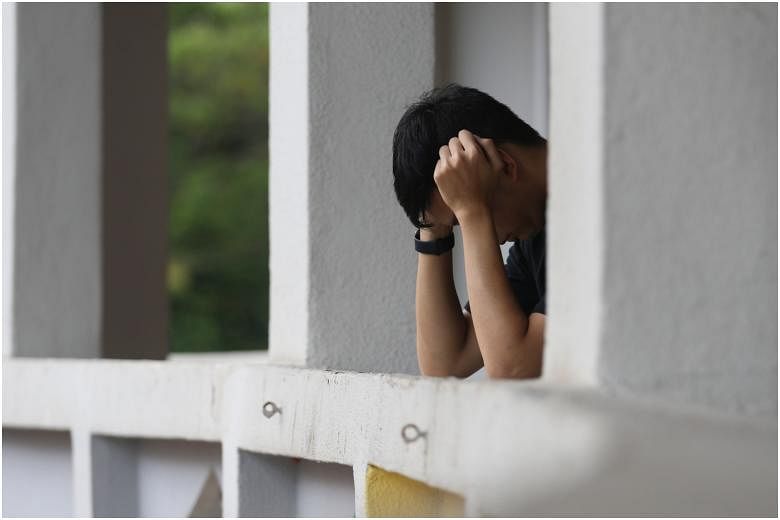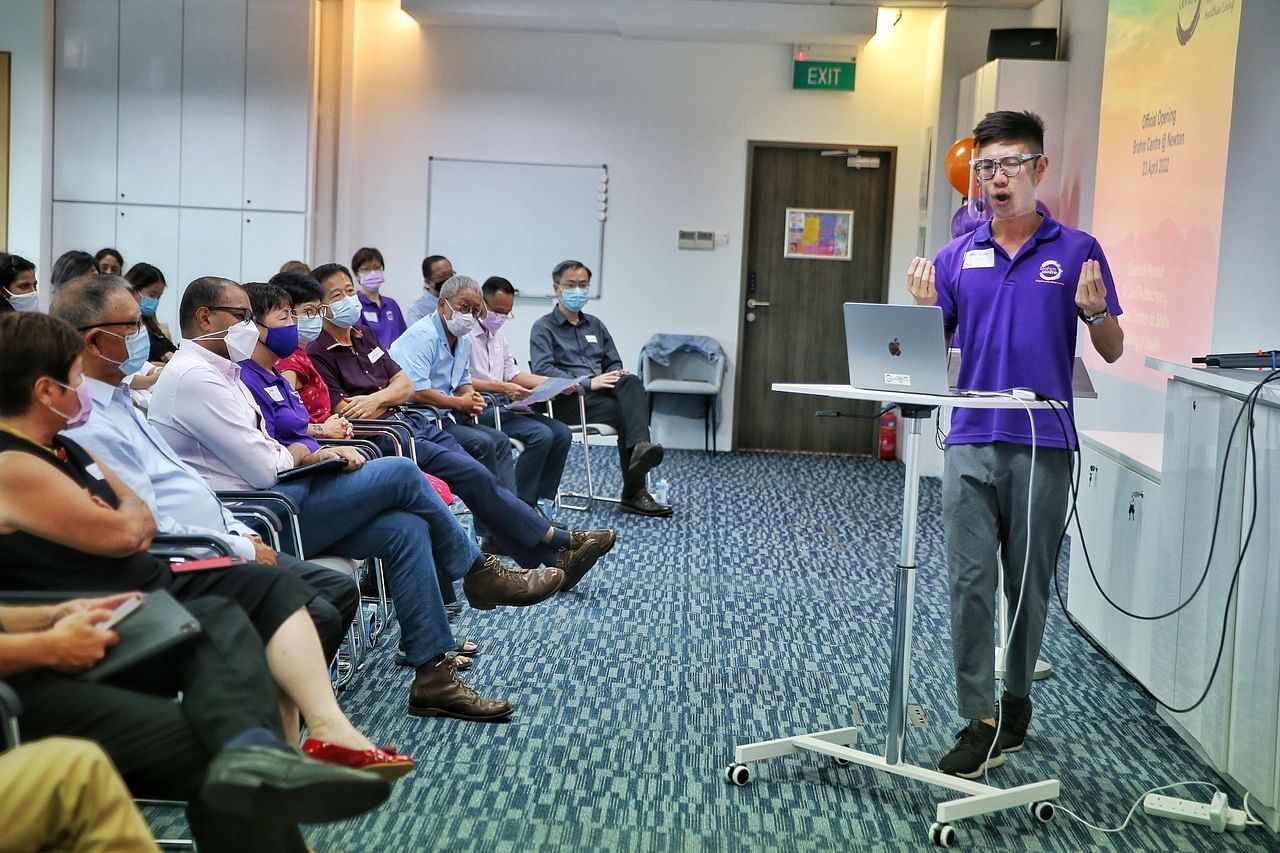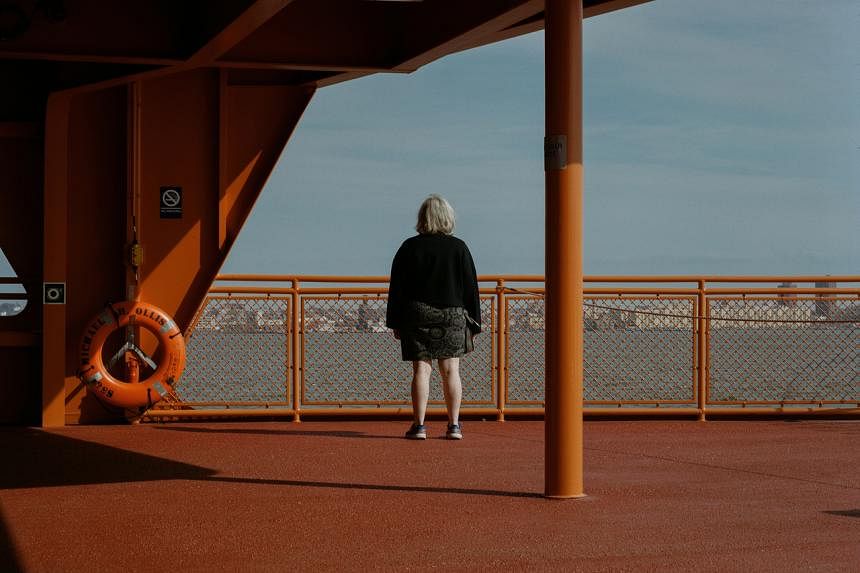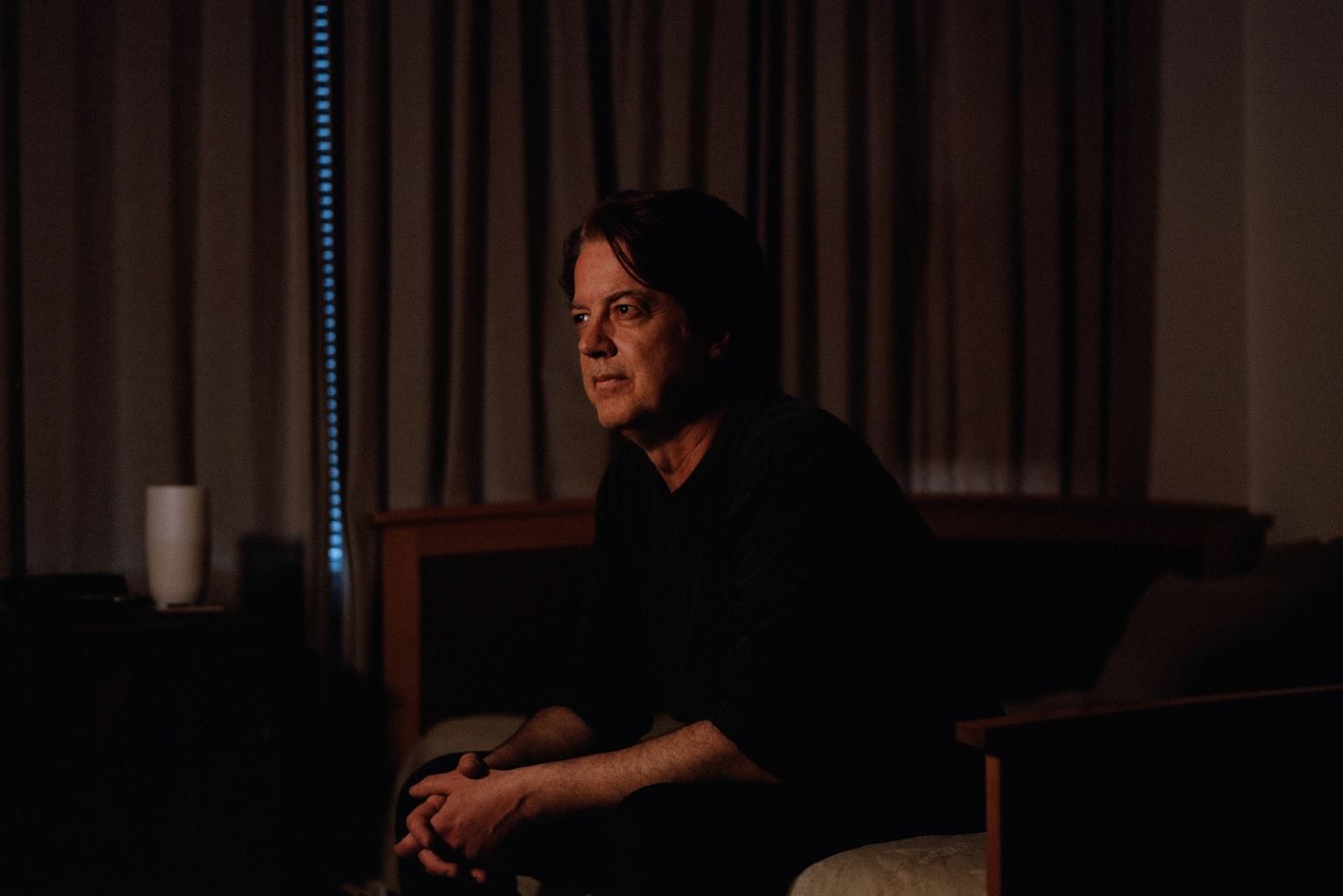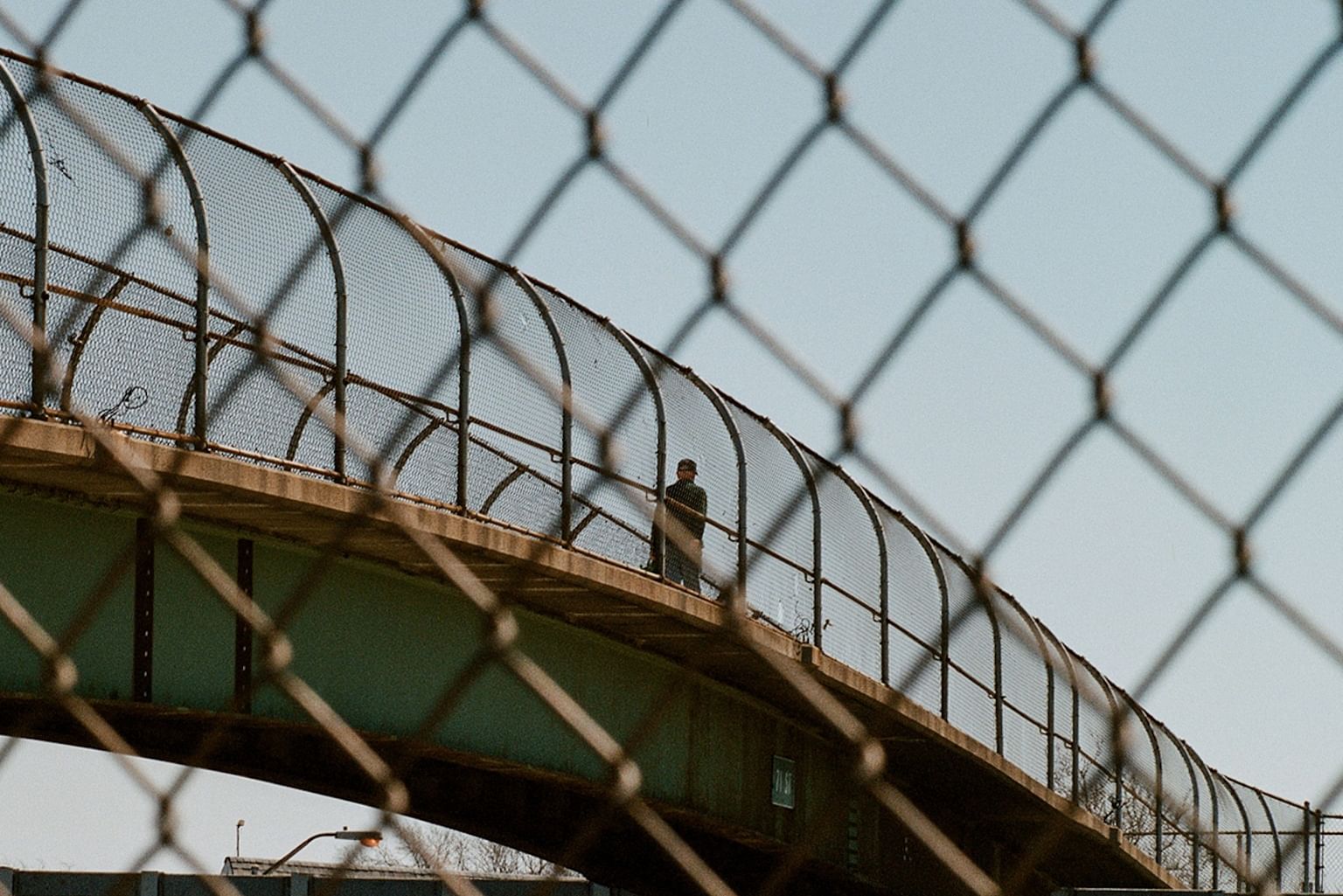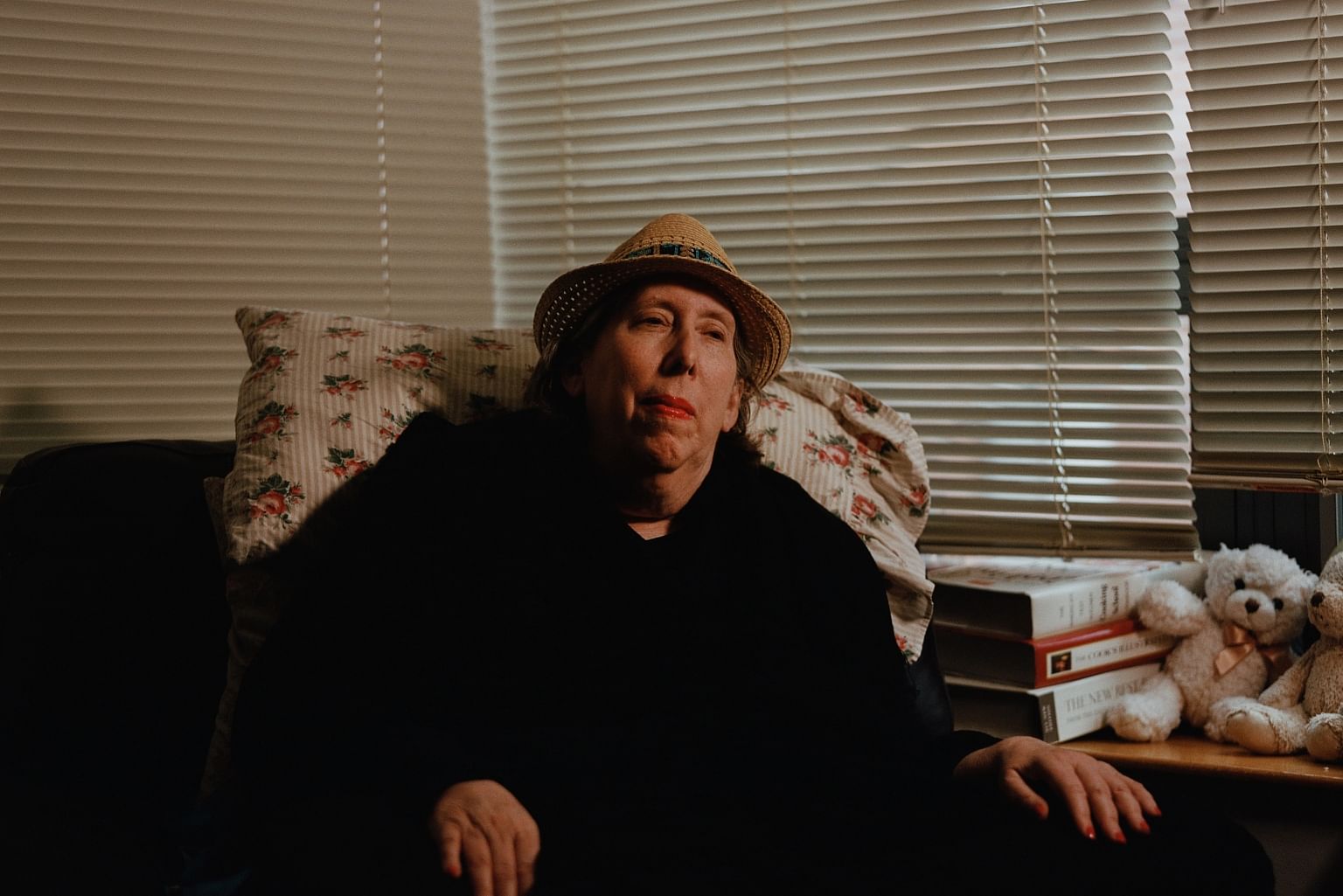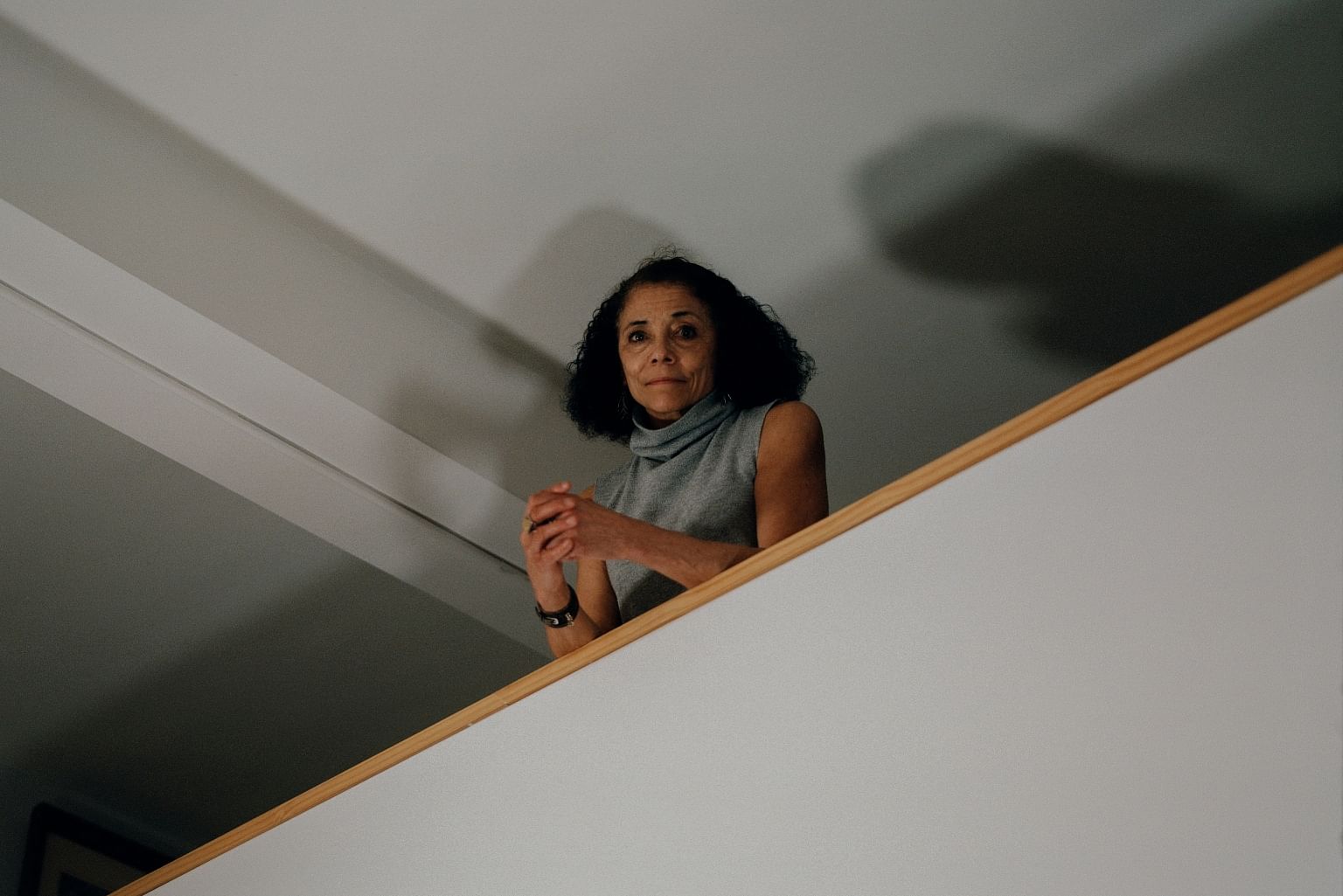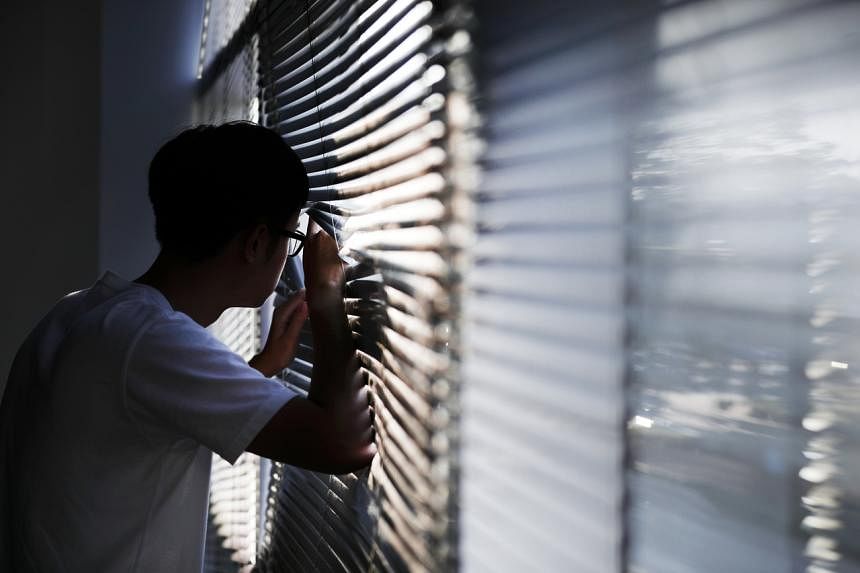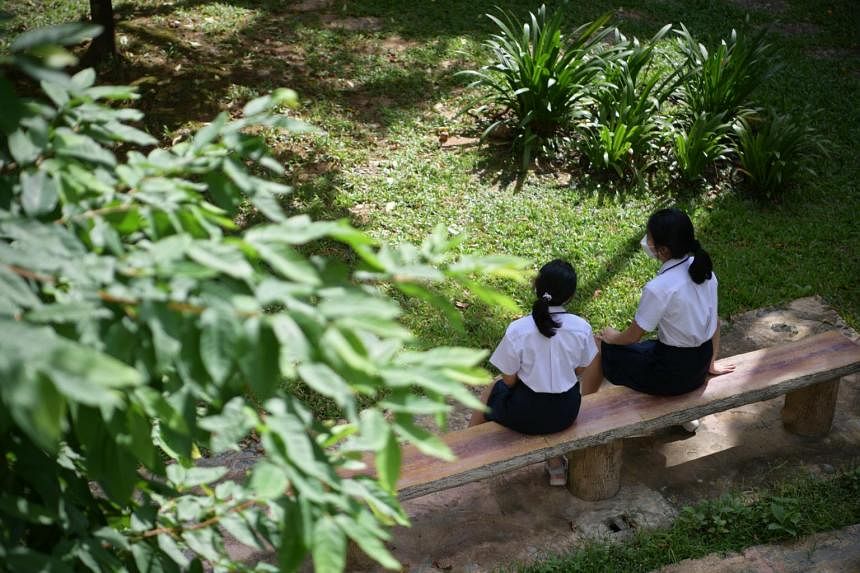Sowing the seeds of health: How gardening can boost your physical and mental health
Gardening and other nature-based activities are part of the care regime in many healthcare institutions and hospitals around Singapore. PHOTO: PEXELS
Akshita Nanda
Correspondent
MAR 8, 2022
SINGAPORE - Madam Jessie Lo is 99 and looking forward to the brinjal harvest from the shared garden of the nursing home where she lives.
"As long as I can use my hands and dig and replant, I'll be happy," says the resident of Allium Care Suites in Venus Drive, where gardening is a weekly activity.
Gardening and other nature-based activities are part of the care regime in many healthcare institutions and hospitals around Singapore. These activities implemented by therapists are known as therapeutic horticulture and range from growing or caring for plants to pressing flowers or making scent bags from aromatic herbs.
Therapeutic horticulture can help people manage mental health conditions such as anxiety, depression and addiction, say experts The Straits Times spoke to. It is also beneficial to people with dementia.
Therapeutic horticulture activities are offered regularly at eight therapeutic gardens in parks here. There are now nine therapeutic gardens and the National Parks Board (NParks) aims to have 30 around Singapore by 2030. Last month, two therapeutic gardens were opened at Pasir Ris Park and Bedok Reservoir Park. The first therapeutic garden in Singapore was opened at HortPark in 2016.
Simply viewing a purpose-built therapeutic garden (see sidebar) can improve mood and supplement treatment for depression, according to a Singapore-based study conducted by NParks and the Department of Psychological Medicine at the Yong Loo Lin School of Medicine, National University of Singapore. It will be published in the Frontiers In Psychiatry journal, but results were released to media last month.
In the study, people who were being treated for clinical depression and a group who were not under treatment spent time viewing a busy urban scene, an urban green space and a therapeutic garden. Changes in brain activity and mood were recorded. All participants had improved moods after exposure to the therapeutic garden, even when compared with their response to the urban green space.
Gardening and occupational therapy
Studies show that gardening has physical and psychological effects. Pruning, watering and planting exercise the muscles and relieve stress. Higher-order thinking skills are used when choosing what seeds to plant, monitoring plant growth, or harvesting the edible results. Scented flowers and leaves also offer sensory stimulation.
Gardening may thus be used as an occupational therapy tool to help people improve their function and better perform activities of daily living, say therapists.
At Allium Care Suites, where Madam Lo resides, senior occupational therapist Trevor Jow, 34, gets his clients to decide what they want to grow in rooftop planters and helps them care for the plants. Residents have grown tomatoes, spinach, beans, brinjal and corn and harvested these for meals.
Mr Jow says: "As therapists, we use gardening as an effective activity to improve cognitive functions. For example, if we're growing tomato plants, this could involve a trip to the shop to purchase seeds and fertiliser. The client enjoys a day out and is involved in the entire process of gardening, harvesting, and food preparation. Gardening encourages planning and executing skills with the underlying benefit of cognitive stimulation within a leisure activity."
He adds: "The additional benefit is the physical aspect of using our hands and feet to carry tools and pots. This strengthens patients' upper and lower limb function."
Gardening and dementia
Madam Lily Au, 85, has dementia and uses the day care services at Allium Care Suites. She can name most of the plants in the shared garden as well as the aromatic and ornamental plants surrounding them. "I love gardening and flowers," she says.
Madam Lily Au can name most of the plants in the shared garden as well as the aromatic and ornamental plants surrounding them. ST PHOTO: ONG WEE JIN
The aromatic herbs such as lemongrass trigger memories of her mother's cooking. "I'm a vegetable lover," she adds.
Adjunct Associate Professor Lim Si Ching, a senior consultant at Changi General Hospital's (CGH) Department of Geriatric Medicine, says sensory gardens are often used as treatment for people with dementia in a long-term care setting.
Dementia is a condition that causes intellectual facilities to deteriorate, with symptoms including memory loss and mental decline. Despite cognitive decline, a person's sense of scent, touch, sight, sound and even taste remain and can be stimulated using a sensory garden.
Flowers and herbs are conversation starters - this provides cognitive stimulation and leads to social interaction. There is also satisfaction in completing tasks, adds Prof Lim. "The simple act of watering the plants helps to make patients with dementia feel accomplished and happy."
CGH has two sensory gardens, one in the dementia ward and another in the Integrated Building, which houses the geriatric centre. The hospital's care team designs garden-related activities for patients in the dementia ward and the other sensory garden offers "respite to persons with dementia and their caregivers when at CGH for their appointments", says Prof Lim.
At Apex Harmony Lodge, a dementia care home in Pasir Ris, residents took part in therapeutic horticulture activities at national parks in the past, but the pandemic has curtailed such field trips. Residents now plant, nurture and harvest edibles from the garden at the lodge and use these to cook dishes such as assam fish head curry. They collect orange peels after meals and compost these for organic fertiliser.
MORE ON THIS TOPIC
Edible gardens in migrant worker dormitories among eco projects to receive funding
New therapeutic gardens open in Pasir Ris and Bedok Reservoir, the first in the east
Gardening activities are conducted daily or once every two days, says Mr Joel Chew, Apex Harmony Lodge's assistant manager, corporate development and community engagement. Residents are supervised, but move around the garden freely, which contributes to a feeling of independence, he adds.
Mr Chew says: "They look forward to each session and are very proud of their produce. We hope that such activities will continue to uplift the spirits of our seniors and perhaps slow down the degenerative process of dementia. Their moods have also noticeably improved."
Gardening and mental health
At We Care Community Services, an addiction recovery centre funded by charity, gardening is among the activities used to engage beneficiaries.
A spokesman says that gardening promotes exercise, which is known to help people manage their mental health. "Getting one's hands dirty in the soil and communing with nature is beneficial to psychological well-being," he adds.
Gardening can also help satisfy a need for independence and seeing the fruit of their labour adds to the sense of accomplishment.
At the Institute of Mental Health (IMH), indoor and outdoor gardening activities are organised by occupational therapists for patients.
Patients in wards learn to make terrariums. Outdoor activities include repotting plants, watering and pruning, and making compost.
At IMH, patients plant, water and prune edible plants at the NurtureVille Garden near the wards and eat the produce. PHOTO: INSTITUTE OF MENTAL HEALTH
Gardening activities are also organised by case managers, who follow up on patients' care plans and serve as counsellor, friend and advocate. Patients have grown mint, rosemary, Indian borage, winged beans, chillies and ladies' fingers, which they harvest and share with other residents.
Ms Margaret Hendriks, senior principal case manager at IMH, says patients enjoy getting fresh air and seeing plants flourish under their care. "As a form of encouragement and training, patients receive a small sum of money for their harvests, which the case managers hope will motivate patients in their rehabilitation journey," she adds.
IMH also set up a hydroponics farm in 2017, with the help of corporate sponsors - first Maybank, then Temasek. Patients working at the farm learn to perform tasks such as seed-sowing, transplanting, harvesting, weighing and packing vegetables, and selling the produce.
Mr Aziz Ab Hamed, senior nurse clinician at IMH, says: "Hydroponic gardening boosts the patients' confidence and self-esteem through learning new knowledge and skills. Best of all, our clients are paid for the work they do."
IMH set up a hydroponics farm in 2017, with the help of corporate sponsors. PHOTO: IMH
Gardening and mental resilience
A study conducted by researchers from NParks and the National University Health System's Mind Science Centre found that people who spent time gardening in Singapore during the pandemic reported higher levels of mental resilience compared with those who did not.
The study was published this year in the journal Urban Forestry & Urban Greening and found that regardless of age and housing type, gardening for an hour or more per week correlated with higher mental resilience.
Sustainability advocate and children's author Ashleigh Nghiem says gardening helped her through the circuit breaker period in 2020. An Australian-British citizen who has worked in Singapore for over a decade, she started growing plants in her balcony because she worried that supply chain disruptions might limit supplies of her favourite vegetables such as kale.
Ms Ashleigh Nghiem started a home garden during the 2020 circuit breaker. PHOTO: ASHLEIGH NGHIEM
She has since learnt to make her own hydroponic planters using old milk bottles and now uses hydroponic planters and ordinary pots to grow her own strawberries, mulberries, papaya, yuzu lime, chillis, kale and shallots, among other edibles.
Gardening also helped her build social connections with other gardeners or those interested in gardening. She now exchanges plant cuttings with other gardeners and teaches children and adults how to garden at home under her YouGreenMe brand. She also included home gardening instructions in a self-published illustrated children's book, You, Me And Green: Lily's Magical Garden (2021).
"At the height of the pandemic, everyone wanted to know about gardening," says Ms Nghiem, 51. "It was a way of doing something fun in your own home and also feeding yourself something healthy."
She adds that gardening has also helped her cope with being separated from her immediate family - her brother is in Australia and father is in the United States. "When I smell a flower, or plant, that I haven't seen since I lived in Australia, it evokes all these memories and emotions. That's the thing about gardening, there are beautiful things that I don't have to go anywhere to enjoy. They are in my home."
Therapeutic horticulture
Therapeutic horticulture helps people improve their well-being through actively or passively participating in nature-related activities. These include gardening, growing edible sprouts, making scent bags or leaf collages.
The National Parks Board (NParks) has organised therapeutic horticulture activities at its therapeutic gardens since the first was opened at HortPark in 2016, says Ms Sophianne Araib, group director of horticulture and community gardening at NParks. "These programmes were popular among patients from community care organisations and slots for these sessions were mostly taken up," she says.
NParks has also set up 32 "external nodes" for carrying out therapeutic horticulture, including at community care organisations and grassroots organisations.
Therapeutic gardens
Research has shown that passive exposure to therapeutic gardens can benefit mental well-being.
The NParks spokesperson says that therapeutic gardens are designed to cater to diverse needs including those of people with dementia or people recovering from a stroke, or those with mental health issues.
Design principles include having a clear, well-connected layout to help people navigate with ease as well as plants and landscape that stimulate sensory engagement. Some planters may be raised for the convenience of people using wheelchairs.
Therapeutic gardens are designed to cater to diverse needs including those of people with dementia or people recovering from a stroke, or those with mental health issues. ST PHOTO: KUA CHEE SIONG
She says therapeutic gardens here may have different planting zones "with a specific selection of plant species to evoke memories of the past and engage the senses".
"These include plants that are fragrant, edible or medicinal, coloured or textured, as well as those which attract birds and butterflies."
At-home gardening
Mr Tham Xin Kai, co-founder of Hortherapeutics, is a landscape architect who designs therapeutic gardens for nursing homes and other health-related environments. He was involved in the design of therapeutic gardens at Tiong Bahru Park, Bishan-Ang Mo Kio Park and Choa Chu Kang Park.
He says that while therapeutic horticulture should be facilitated by professionals, people can still benefit from growing plants at home in pots. Some might want to apply for community gardens or allotments under NParks.
He suggests growing aromatic edibles such as common basil or Mexican mint for the scent and for cooking.
"A variety of houseplants with interesting leaf texture, patterns and colourful flowers can also be kept to add vibrancy at home. Even attempts to propagate plants from cuttings and seeds can also trigger a sense of curiosity and delight," he says.
